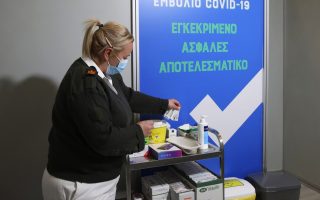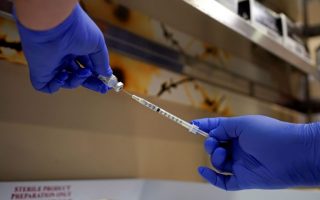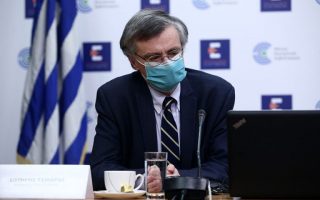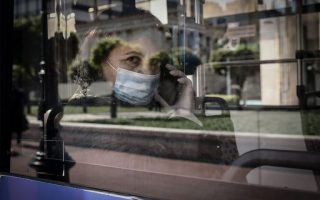Weather disrupts coronavirus vaccination program
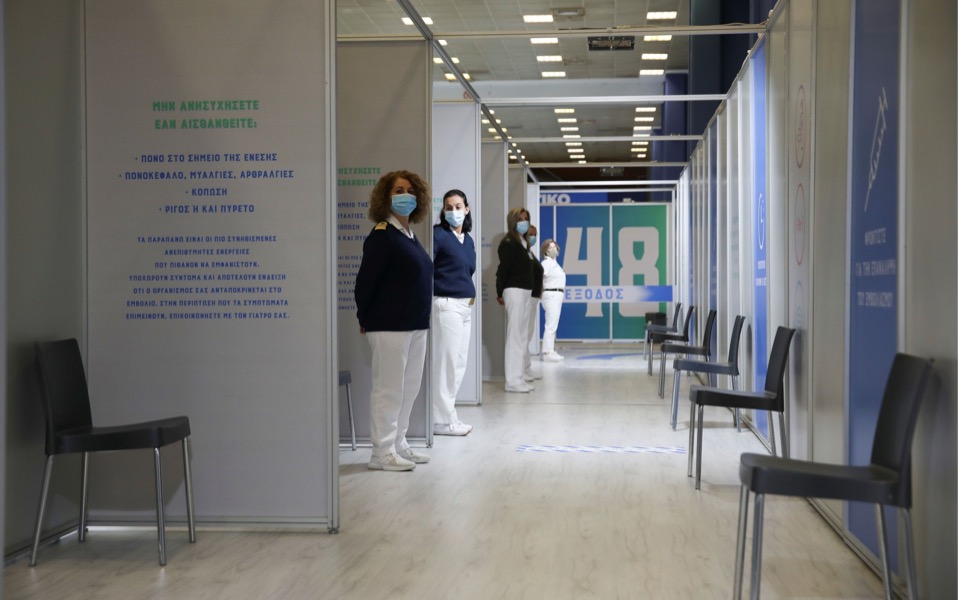
The extreme weather conditions prevented those scheduled from getting their vaccinations against the coronavirus on Tuesday, while infections persisted at relatively high levels. Waste measurements in Thessaloniki, the country’s second largest city, indicated a resurgence in transmissions.
The vaccination issue was raised on Tuesday at a meeting of high officials, including Prime Minister Kyriakos Mitsotakis.
“The Health Ministry will see to it that the canceled appointments take place the soonest possible, especially second vaccinations,” Mitsotakis said. “As always, we will make sure that all vaccines will be used, so that no dose goes to waste,” he added.
The latest data on the disease worry experts that transmission rates remain high. On Tuesday, health authorities announced that there were 1,121 new cases of the disease, along with 29 deaths. This persistence of the figure above 1,000 cases – lower figures given during weekends occur only because there are fewer tests – stokes fears of a possible resurgence. And data provided by other means are also alarming.
In Thessaloniki, concentrations of the virus detected in raw sewage at the city’s wastewater treatment plant shot up 70% in the week between February 8 and 14, a team of researchers from the northern port city’s Aristotle University warned on Tuesday.
The sudden spike in the viral load comes after several weeks of a slow but steady increase, the head of the team, Nikos Papaioannou, who is also the rector of Aristotle University, told the Athens-Macedonian News Agency (ANA-MPA) on Tuesday.
“Our most recent measurements have shown a steep rise in the epidemiological curve,” he said.
“Of course, if we compare the latest weekly average to that of January 18-21, the period after Christmas when we were at our lowest level, the viral load is up by 345% today. Compared with the autumn wave, we are now at levels similar to late October, just before the start of November’s spike in transmissions,” Papaioannou added.
The research on waste is considered a more accurate reflection of the actual spread of the disease.

